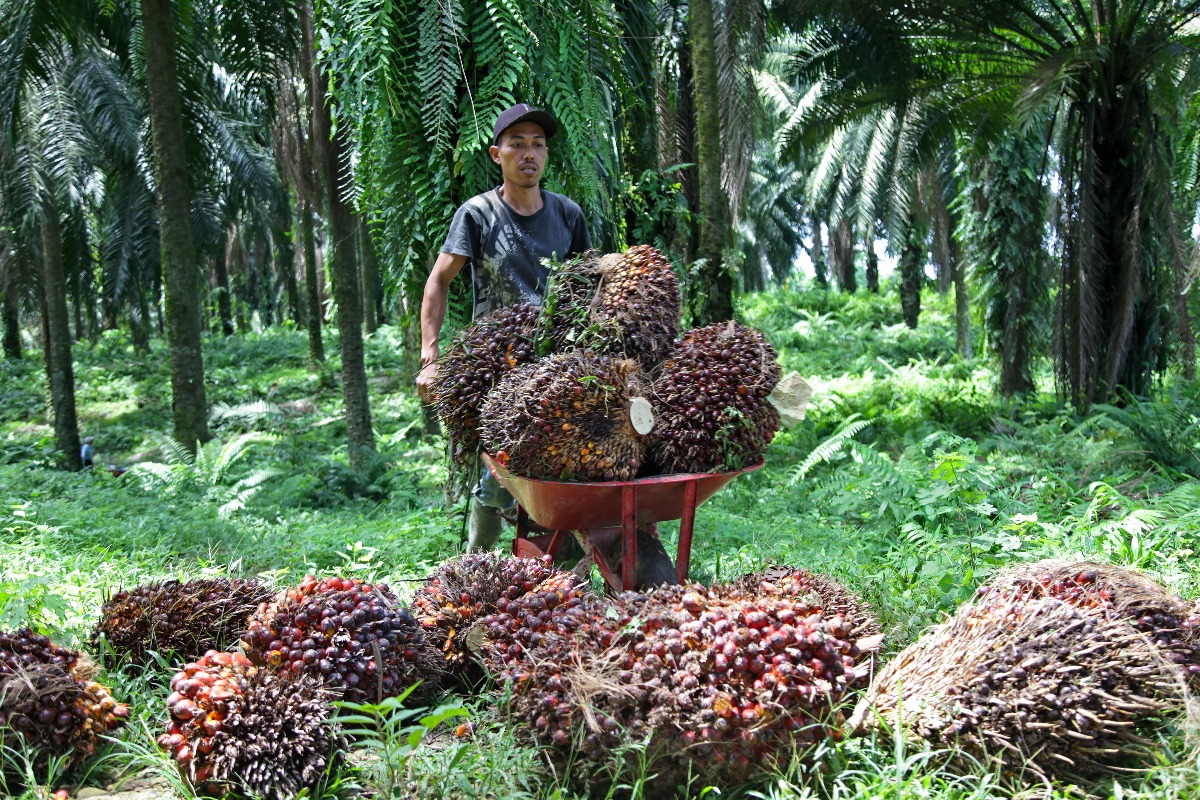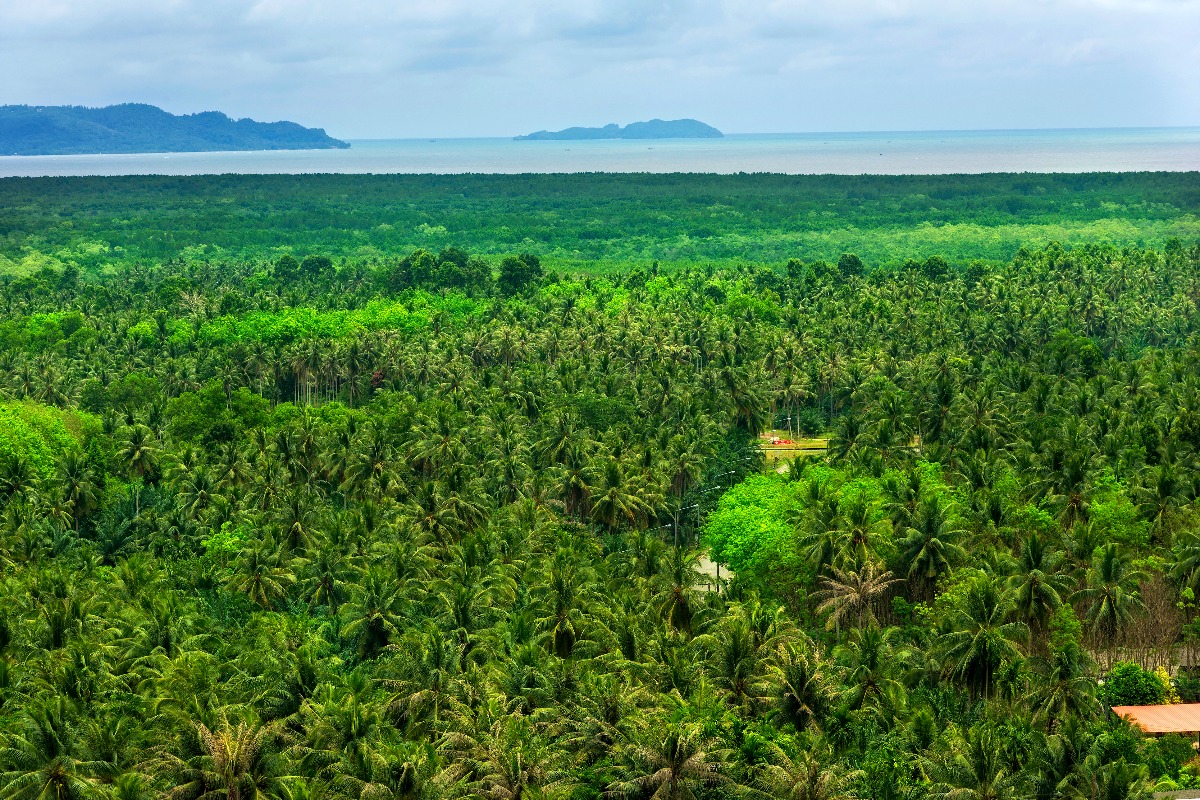
The European Green Deal remained among the European Union’s top priorities in both the 27-nation bloc’s 2023 ASEAN and Indonesia strategy, two senior EU diplomats told a press conference in Jakarta on Tuesday.
While its environmental stance on trade had caused heated rifts with some of the largest ASEAN member states, Brussels would ensure that other areas of cooperation could continue undisturbed, they added.
EU Ambassador to Indonesia Vincent Piket emphasized that finalizing the Indonesia-EU Comprehensive Trade Agreement (IEU-CEPA) by the end of the year would be the dominant concern of the bloc’s negotiators. He added that a total of four negotiation rounds had been scheduled for February, May, July and September.
“The economic case [for the IEU-CEPA] remains convincing,” Piket told “At the margins of the G20 [Group of Twenty] Summit in Bali, we agreed to conclude talks by the end of the year,” he said.

Over seven years in the making, the IEU-CEPA is set to count among Indonesia’s largest bilateral trade deals and is expected to advance trade, investment and tourism between the two parties.
But major roadblocks stand in the way, the most profound being the EU’s deforestation-free rule that sought to impose a penalty on any imported products linked to deforestation.
The move was received negatively by Indonesia and Malaysia, the world’s two largest palm oil producers, which deemed the policy “discriminative” toward developing countries.
But Piket made reassurances that the EU was determined to solve the issue diplomatically, adding that Brussels would boost its “technical briefings” to clear up any negative impressions over the environmental policy.
“We have lots of explaining to do, to the media and officials, [so they are] convinced that the deforestation law can be made to work,” he said.
“Indonesia’s track record to stop deforestation is marked. The cut-off date was December 2022, and there are also no penalties for what happened in the past,” the ambassador added.
Syahrul Fitra, a campaigner with Greenpeace Indonesia, said the trade agreement was still problematic because it pushed for massive commodities production, which would further exploit and endanger Indonesia’s natural resources.
However, the EU’s international regulations, such as the recent rule on deforestation-free supply chains, could still support the “green agenda” that the bloc wanted to push in the IEU-CEPA.
Syahrul said Indonesian producers should not be too concerned about meeting the EU’s deforestation-free rule if they followed global deforestation-free standards.
“The green agenda will provide ease of trade between Indonesia and the EU on commodities that [carried] the risk of deforestation and [threatened] biodiversity,” he told The Jakarta Post on Friday.
He added that the upcoming CEPA negotiations were an opportunity for Indonesia to show its commitment to the climate crisis goals.
“What we are currently lacking now is the will of the Indonesian government to be active and aggressive against rising global temperatures,” he said.
